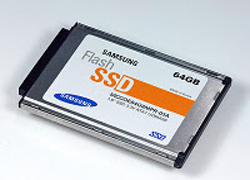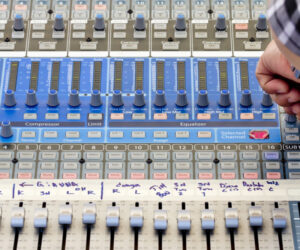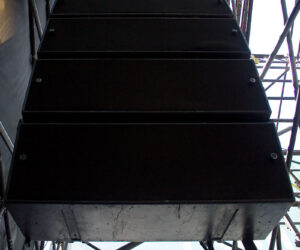While most of the consumer world is just getting used to the idea of cloud computing, corporations have been using it for years.
For those of you who don’t know, cloud computing means storing your data and even your apps on an external server that’s accessed via the Internet.
A number of behind the scenes companies like RackSpace offer cloud services, but Google and Amazon also have huge server farms around the country that have been renting their storage in their clouds for years.
Over the last year, the cloud has been brought to consumer’s attention thanks to Amazon and Google’s cloud music initiatives, and of course more recently by Apple’s iCloud.
The big problem is that cloud storage is often failure-prone, slow, and quirky. Of course the cloud is never supposed to go down, thanks to so-called redundant systems, but that hasn’t always been case. When the cloud goes down, it can be devastating. Don’t forget when your data can’t be accessed, your dead in the water until it’s fixed. Although it’s rare that you lose any data, outages are a nagging problem.
The reason why a cloud goes down is because just like your personal computer, server farms still store their data on spinning hard drives, and therein lies the problem. Enterprise-level drives are much less likely to stop working than the run of the mill drives that most of us use, but they still go down. That’s why a group at Standford University has a radical suggestion: data centers should just put everything in RAM.
The proposed system, which the researchers are calling RAMcloud, means that those spinning drives are replaced by the latest solid-state disks (SSDs). Since they don’t use mechanical spinning parts like a hard drive, they’re not only a lot more reliable, but a lot faster too.
Of course SSDs are still a lot more expensive than hard drives, but if only a few server farms switch to SSDs, it’s thought that the huge number of drives ordered would be enough to cause SSDs to decrease in price immediately.
Don’t forget that almost all websites are stored on a spinning hard drive somewhere. Imagine how much faster they’d be in a RAMcloud. When it comes to the Internet, fast is never fast enough.
Bobby Owsinski is an author, producer, music industry veteran and technical consultant who has written numerous books covering all aspects of audio recording. For more information be sure to check out his website and blog.
















